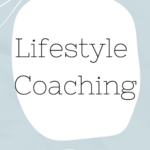What is Your Best?
Do your best. We hear this statement often. And what does it mean? Feeling you did your best should enable you to go to sleep at night feeling fulfilled and satisfied with the activities you engaged in that day. Wanting to do your best encourages you to put forth the effort needed to meet your goals. How do you define your best? The answer depends on your individual goals and gets harder to navigate the more you look outside yourself for the meaning.










